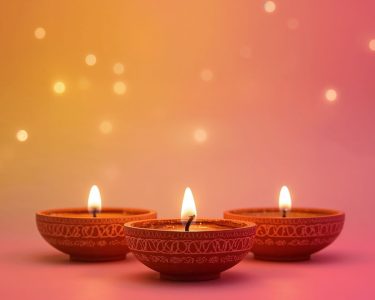Each day a special morning ritual called the Bhasma Aarti is performed at the Mahakaleshwar Temple in the city of Ujjain, India. In this very special ritual, which starts at 4 A.M, Lord Shiva is offered worship with bhasma or sacred ash, which is used to symbolize life’s transient reality and the ultimate truth of life.
Significance of Bhasma Aarti
• Cycle of Life and Death: In the Bhasma Aarti, Shiva is the creator, as well as the destroyer of the world, which denotes the eternal life-death-rebirth cycle.
• Detachment from Worldly Desires: Ash in any form is a reminder of the importance of renunciation, and the fact that human life is truly a very fleeting phenomenon, as well as the detachment which is so anxiously desired, from the many worldly attachments prevailing.
• Spiritual Liberation: The devotees whose souls are cleansed by the sight of the Bhasma Aarti may attain Moksha, which is the liberation from the cycle of birth and death.
The Ritual
• Preparation: The priests during the ritual work follow a particular discipline of energetically fasting, dancing, and bathing in bowed, holy vases of rejuvenating waters rich with special oils while softly chanting to purify themselves and the sacred ash.
• Application of Ash: Shining Vedic mantras, the priests with care and devotion place the ashed, the sacred spin which is the turquoise of corporal ether, which lingers the Shiva Linga. Aether is the sacred essence. The ashed is ashed with the cycle of life, flourishing and swaying, while death lingers softly.
• Aarti: The last part of the ceremony is the waving of the lamps, chanting of the prayers, and the distribution of holy ash to the participants as a form of blessing.
Attending the Bhasma Aarti
• Timing: The commencement of the ceremony is done at 4:00 am daily.
• Booking: The online system is the primary and preferred mode of registration due to the limited capacity, however, offline registration is done on a first come, first serve.
• Dress Code: Males put on a traditional waist cloth called a dhoti, while the females put on a saree or a non western dress.
• Experience: Participants claim to undergo a miracle, as they feel a strong bond with the Almighty and feel as if they have been reborn.





